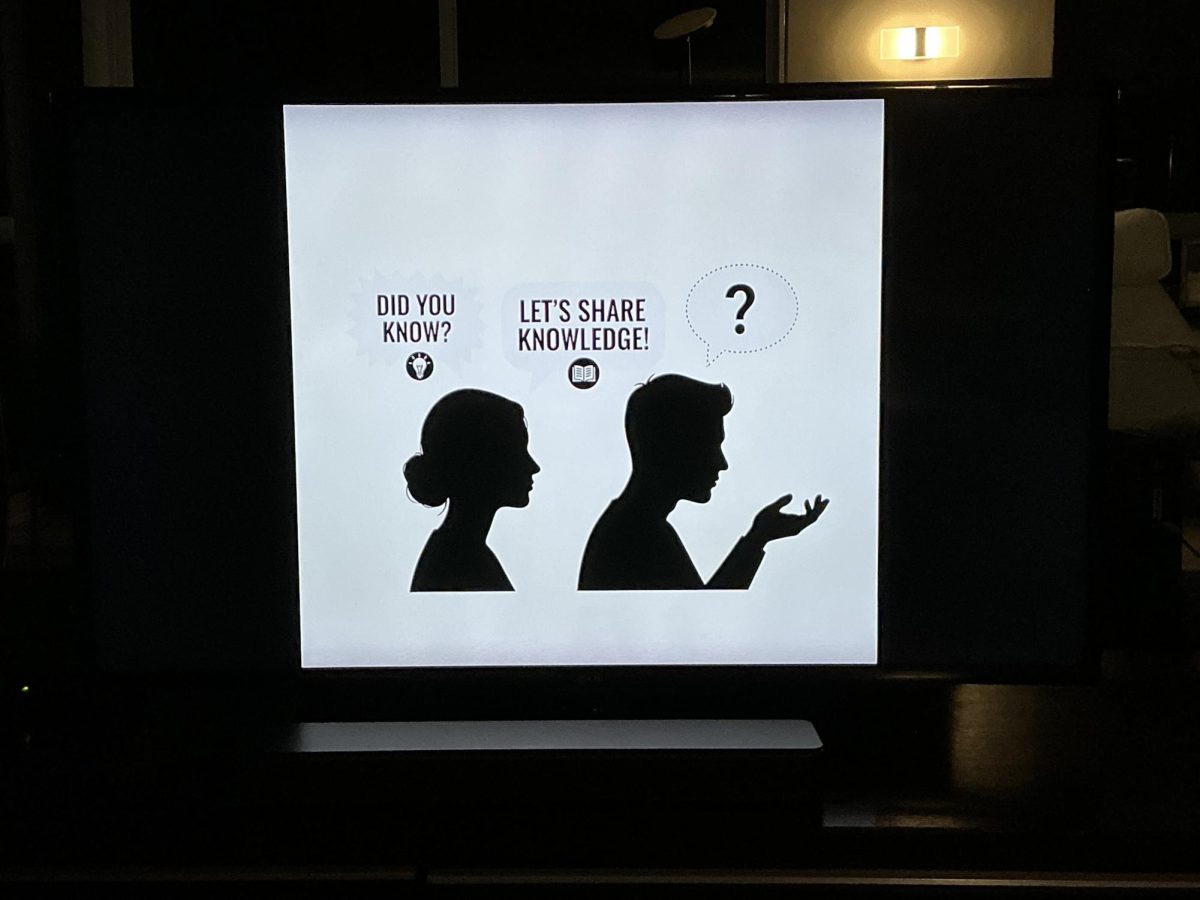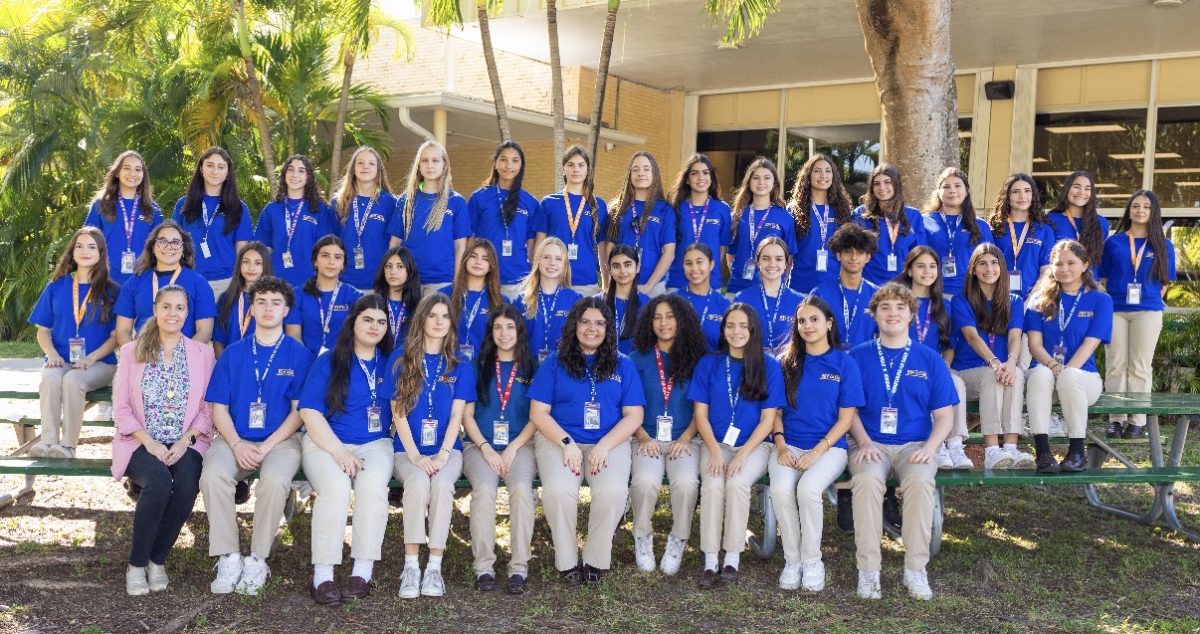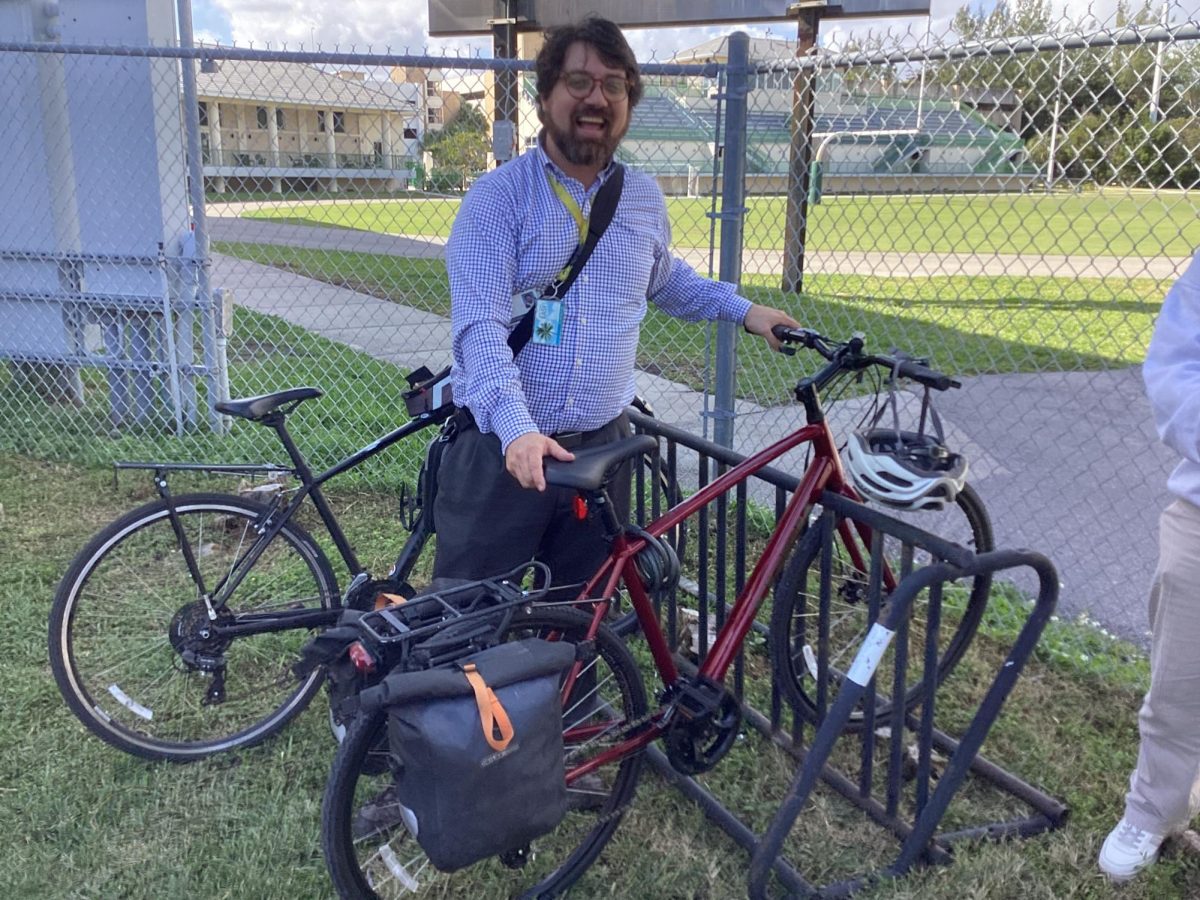Living in this modern world full of information, facts are just a click away. You might think that having all the evidence available would make people change their opinions quickly, but that’s not how it usually works. In fact, psychologists have found that even when people are presented with solid proof, they often stick to their original beliefs. This can be confusing—why wouldn’t the truth automatically convince someone? The answer lies in how brains function.
One of the biggest reasons facts don’t always change minds is that beliefs are tied to identity. For many people, their views on politics, religion, sports, or even music become part of who they are. So when facts challenge those views, it doesn’t feel like just a debate, it feels personal. Instead of calmly thinking about the evidence, the brain goes into defense mode, like it’s protecting itself from harm. This is why arguments sometimes get heated, even over the simplest things.
”People feel a sense of security having the same opinion for so long. Changing it for a new opinion, even if it’s wrong, seems like starting over. It’s also a time where many people have to admit being wrong and that’s not something most of them want to accept.” said Sabina Morelli, a junior.
Another factor is confirmation bias. This is when people pay attention to information that supports what they already believe and ignore anything that disagrees with them. For example, if someone believes a certain diet works, they might only read success stories online and skip over the research that shows it doesn’t. This bias makes it really hard to change minds, because often people feed themselves evidence that makes them feel “right.”
Emotions play a powerful role as well. Stories, personal experiences, and feelings often matter more than bold numbers or statistics. A chart may show that something is safe, but one emotional story about a bad outcome can make people doubt it. This is why advertising, politics, and even social media focus on emotions. They stick with viewers more than facts do.
”I think our minds are developed in a way that we connect more to feelings and experiences rather than statistics that are more difficult to relate to,” said Violet Morse, a freshman.
”When you trust others, it helps you stay open to new ideas because you believe they have good intentions. Trust from others makes them more likely to listen and consider your perspective and human connection, builds empathy, and emotional understanding which makes people more willing to reflect and possibly change their minds,” said freshman Lola Somarriba.
Can minds actually be changed? The truth is it takes more than just presenting evidence. Patience, empathy, and open conversation make a big difference. When people feel respected and understood, they are more likely to consider new information. Facts are important, but they work best when combined with trust and human connection. In the end, changing minds is less about arguing and more about listening, understanding, and building common ground.









